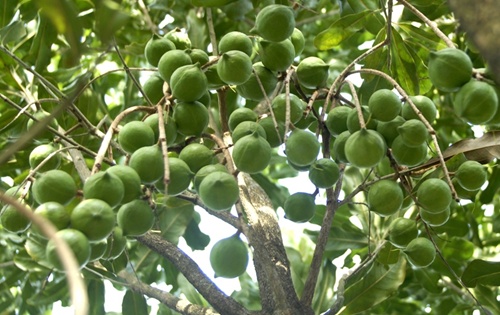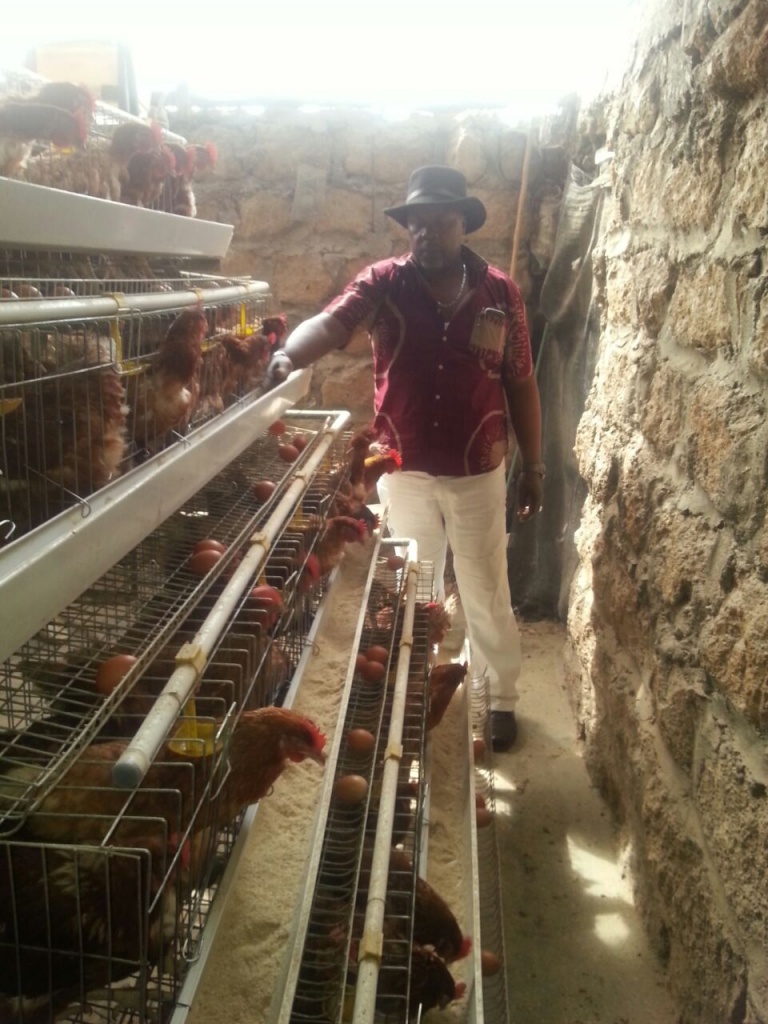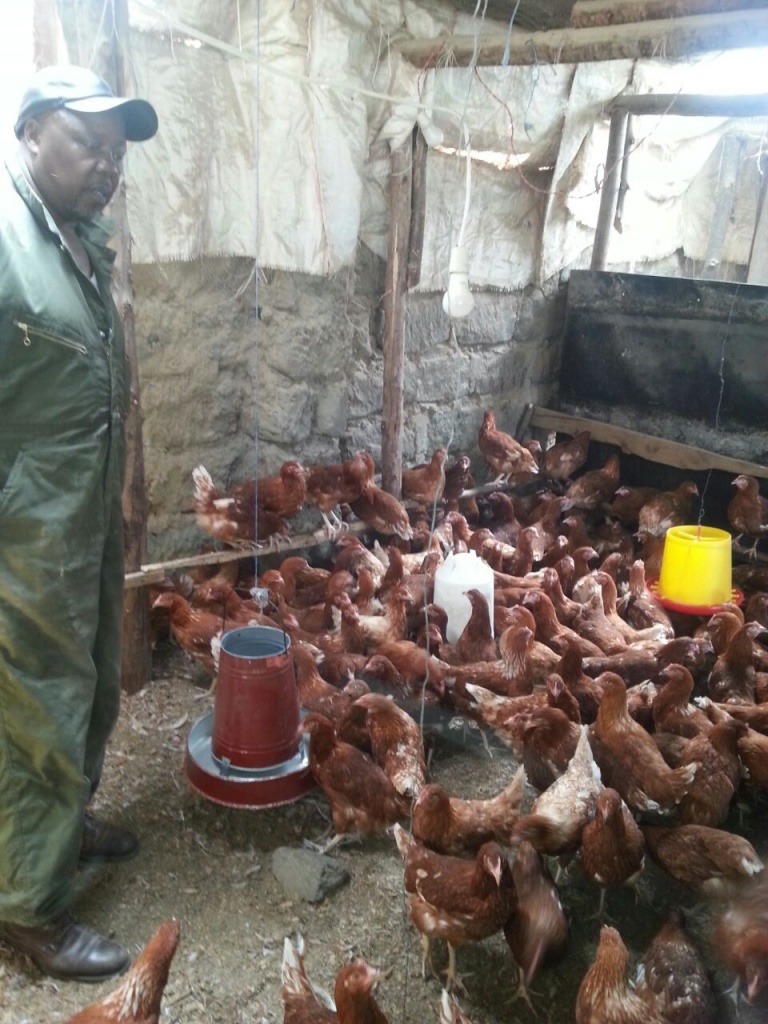The ‘Inua Mama na Kuku Initiative’ which was introduced by Uasin Gishu County government three years ago has transformed the lives of hundreds of women in the grassroots of the county. Techgaa, a group of reformed brewers is one of the more than 300 women groups that has benefited from the project which has impacted their lives greatly.
Related article: Uasin Gishu Based CBO abandons crop farming for chicken rearing
Sally Tanui, the Chairlady of Techgaa women group in Ainabkoi constituency says most of the women in her group depended on illicit brews as their source of income but the long arm of the law often caught up with them.
After frequent rubbing of shoulders with the authority, the brewers were motivated by a non-governmental organization called ADAPT (Alcohol and Drug Abuse Prevention and Treatment) who reached out to them and asked them to consider their lives and the future of their children.
Related article: Kukuchic Limited selling high quality Rainbow Rooster Kienyeji chicks
“Since we only rehabilitate alcoholics and brewers, we had no funds to help the women earn a sustainable income other than ‘chang’aa’ brewing so we approached the Uasin Gishu County government who provided 150 free chicks to the group” said Julia Kosgei, a coordinator at ADAPT.

Mrs .Ann-Cheno,a beneficiary of Inua Mama na Kuku initiative in Uasin-Gishu county.
To ensure the chicks were well taken care of, Sally notes that they made a timetable to feed the young chicken on rotation basis with two women taking responsibility per day. They fed the chicks on chicks mash at the rate of 30-50 g per day per bird. When the birds were 5 – 8 weeks, they were fed on growers mash (50 to 100 g per day).
“I used to brew alcohol and I could get a lot of disturbance from all over including the police, we also had a lot of problems dealing with drunkards who made our lives really hard. But since we started this group, we have abandoned the brewing business and concentrated on other businesses and our lives are now much better and ahead in very many issues” said Esther Jepkinyor, a member of Techgaa women group.
Related article: Discover hidden treasure in local chicken
The group now has more than 1,200 chickens which they sell to hotels within Eldoret town. The high demand for indigenous chicken in the market has ensured Techgaa has constant source of market for their birds. The group sells day old chicks at sh. 100 ,one month old at 300 and 2 months old at 400 shillings, fully mature chicken goes for not less than 1,000 shillings.
Related article: Farmers are making a kill with Kenbro chicken
The profits from the business have enabled the women maintain sustainable income and they no longer depend on their husbands. Their lives are at peace, children in school and the future looks bright.
Write comment (0 Comments)

















